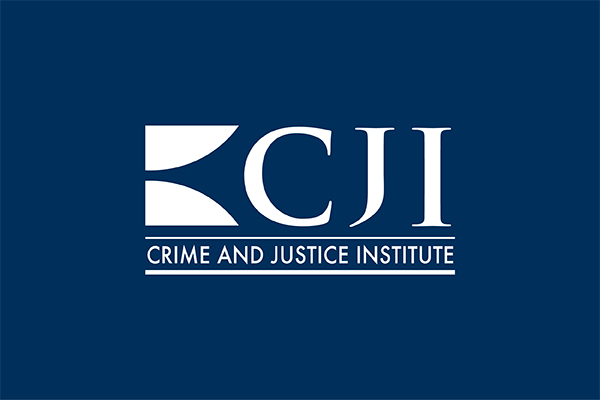
The Crime and Justice Institute (CJI) at Community Resources for Justice has received two federal grants totaling $4.4 million to continue working with states to develop and implement data-driven policies to reduce juvenile and adult corrections costs, increase public safety, and get a better return on taxpayer investment.
The Bureau of Justice Assistance (BJA) on Aug. 29 awarded CJI $3.7 million to continue providing state-level technical assistance as part of the Department of Justice, Office of Justice Programs’ Justice Reinvestment Initiative (JRI). CJI will work with one state, which will be determined later, to develop recommendations to focus expensive prison resources on serious and violent offenders while improving public safety outcomes and will also assist the states of Oklahoma and Louisiana to implement the reforms adopted by their legislatures and signed into law by the governors in those states.
On Sept. 27, CJI received a separate $699,235 grant from the Office of Juvenile Justice and Delinquency Prevention (OJJDP) to continue providing critical training and technical assistance to six states. CJI worked with the states – Georgia, Hawaii, Kansas, Kentucky, West Virginia, and South Dakota – to develop and recommend policy packages resulting in comprehensive legislative reforms. This new funding is part of OJJDP’s Smart on Juvenile Justice Initiative and will ensure that the policy reforms adopted by the states are implemented according to the research and are sustainable.
CJI’s work has led to policy changes including creation and expansion of alternative programs such as specialty courts for individuals with drug and alcohol dependency, sentencing reforms so that more serious offenses are punished more harshly than less serious ones, and strengthening probation and parole supervision. On the juvenile justice side, objectives of CJI’s work include reducing out-of-home confinement and increased use of community-based and researched-based supervision practices.